The Best Companion Flowers For Vegetables
Title: The Best Companion Flowers for Vegetables
Introduction:
Companion planting is a gardening technique that involves planting certain types of flowers and vegetables together to benefit each other. By carefully choosing which plants to grow together, you can improve the health, productivity, and pest resistance of your garden.
In this blog post, we will discuss the best companion flowers for vegetables. We will also provide some tips on how to use companion planting to get the most out of your garden.
Main Content:
Here are some of the best companion flowers for vegetables:
- French marigolds: Marigolds are a popular choice for companion planting because they repel a variety of pests, including aphids, beetles, and nematodes. They also help to improve the drainage of soil and attract beneficial insects.
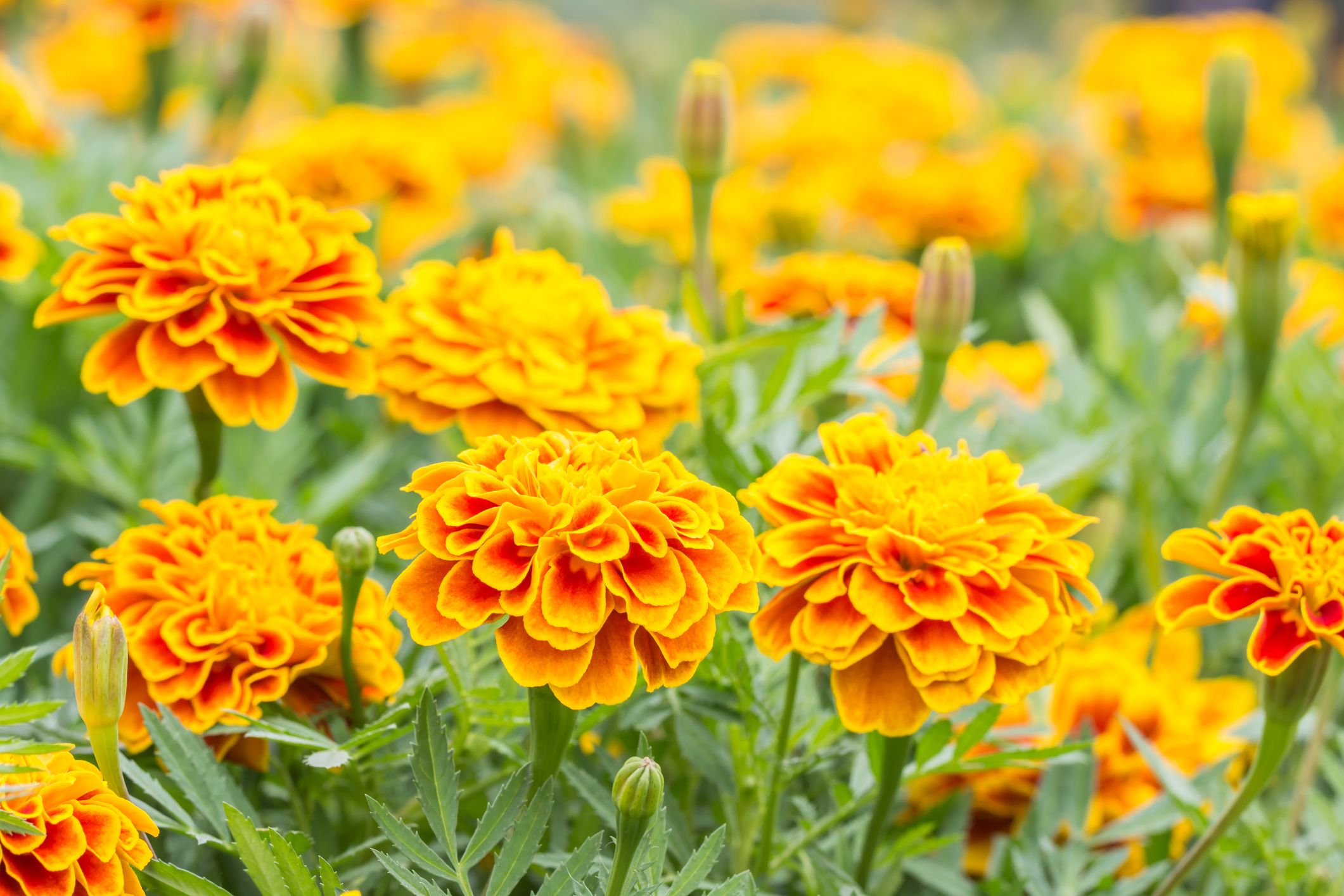
- Nasturtiums: Nasturtiums are another good choice for companion planting. They repel aphids, whiteflies, and other pests, and they also attract pollinators. Nasturtiums are edible flowers, so you can also enjoy them in salads or as a garnish.
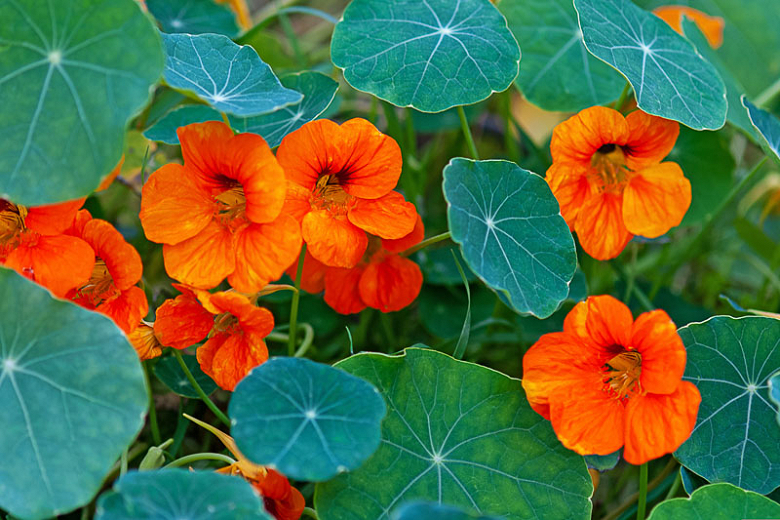
- Borage: Borage is a beautiful flower that also has a number of benefits for the garden. It attracts pollinators, helps to repel pests, and improves the flavor of tomatoes. Borage is also a good source of vitamin C and other nutrients.

- Calendula: Calendula is a versatile flower that can be used for both culinary and medicinal purposes. It is a good companion plant for a variety of vegetables, including tomatoes, cucumbers, and peppers. Calendula helps to repel pests, improve soil health, and attract beneficial insects.

- Chives: Chives are a common herb that can also be used as a companion plant. They repel aphids, carrot flies, and other pests. Chives also help to improve the flavor of carrots, tomatoes, and other vegetables.
In addition to these flowers, there are many other flowers that can be used as companion plants for vegetables. Some other good options include:
- Lavender: Lavender repels moths, flies, and other pests.
- Sweet alyssum: Sweet alyssum attracts pollinators and helps to repel aphids.
- Sunflowers: Sunflowers attract pollinators and help to deter rabbits and deer.
- Cosmos: Cosmos attracts pollinators and helps to improve the flavor of tomatoes.
Tips for Using Companion Planting:
- When choosing companion plants, it is important to consider the needs of the vegetables you are growing. Some plants have specific requirements for sunlight, water, and soil pH.
- It is also important to consider the pests and diseases that are common in your area. Companion plants can help to repel or attract pests, so choosing the right plants can help to protect your garden from damage.
- When planting companion plants, it is important to space them properly. This will allow the plants to grow and thrive without competing for resources.
- Companion planting is a great way to improve the health and productivity of your garden. By carefully choosing which plants to grow together, you can create a more balanced and sustainable ecosystem.
Conclusion:
Companion planting is a simple and effective way to improve the health and productivity of your garden. By choosing the right companion plants, you can repel pests, attract pollinators, and improve the flavor of your vegetables.
If you are new to companion planting, there are many resources available to help you get started. You can find books, websites, and even gardening clubs that can provide information on the best companion plants for your specific needs.
FAQ of companion flowers for vegetables
- What are companion flowers?
Companion flowers are plants that are grown together in the same garden to benefit each other. They can help to attract pollinators, deter pests, improve the soil, or provide shade.
- What are the benefits of companion planting?
There are many benefits to companion planting, including:
* Increased pollination: Companion flowers can attract pollinators, such as bees and butterflies, which help to pollinate vegetable plants. This can lead to increased yields.
* Reduced pest pressure: Some companion flowers have natural pest-repelling properties. For example, marigolds can help to repel aphids, and nasturtiums can help to attract aphids away from other plants.
Improved soil health: Some companion flowers can help to improve the soil quality. For example, legumes, such as peas and beans, can fix nitrogen in the soil, which can benefit other plants.
Increased shade: Some companion flowers can provide shade for other plants, which can be helpful in hot climates.
- What are some good companion flowers for vegetables?
Here are some good companion flowers for vegetables:
* Marigolds: Marigolds are a popular companion flower because they have many benefits. They can repel aphids, nematodes, and whiteflies. They can also attract pollinators.
* Nasturtiums: Nasturtiums are another popular companion flower. They can attract aphids away from other plants. They can also improve the soil quality.
* Borage: Borage is a good companion flower for tomatoes. It attracts pollinators and helps to improve the soil quality.
* Calendula: Calendula is a good companion flower for carrots. It helps to repel carrot flies.
* Lavender: Lavender is a good companion flower for many vegetables. It helps to repel pests and improve the soil quality.
- How do I choose companion flowers for my vegetable garden?
When choosing companion flowers for your vegetable garden, there are a few things to keep in mind:
* The needs of your vegetables: Some vegetables have specific needs, such as shade or nitrogen-rich soil. Choose companion flowers that will complement the needs of your vegetables.
* The pests and diseases in your area: Some companion flowers have natural pest-repelling properties. Choose companion flowers that will help to deter the pests and diseases that are common in your area.
* The aesthetics of your garden: You'll also want to choose companion flowers that you like the look of. After all, you'll be seeing them every day!
- How do I plant companion flowers?
When planting companion flowers, there are a few things to keep in mind:
* Plant the companion flowers close to the vegetables they are companioning. This will help to maximize the benefits of companion planting.
* Plant the companion flowers at the same time as the vegetables. This will help to ensure that they grow and mature at the same time.
* Water the companion flowers regularly. They need to be well-watered in order to thrive.
Image of companion flowers for vegetables
- Nasturtium - attracts pollinators, repels pests, and improves soil nitrogen levels.

- Marigold - repels pests, attracts pollinators, and improves soil drainage.
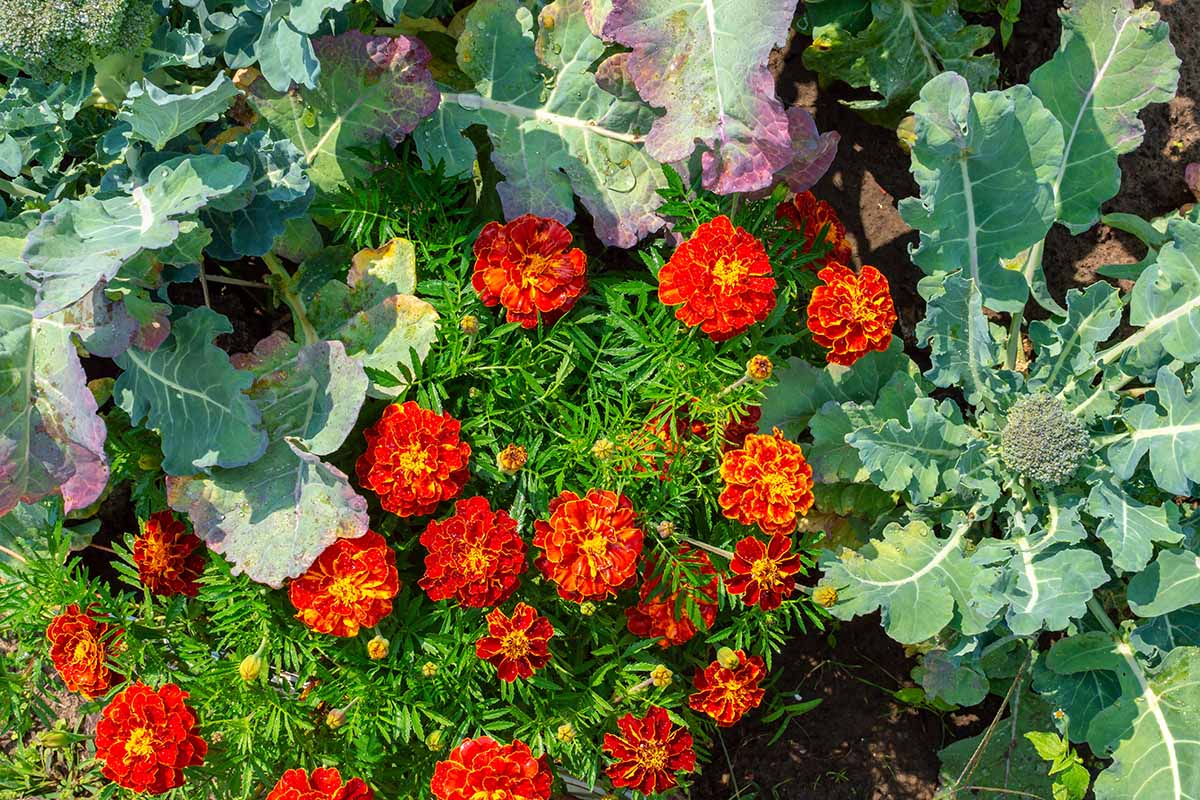
- Cosmos - attracts pollinators, improves soil aeration, and helps to suppress weeds.
- Borage - attracts pollinators, repels pests, and improves soil fertility.

- Lavender - repels pests, attracts pollinators, and improves soil drainage.

- Sweet alyssum - attracts pollinators, improves soil aeration, and helps to suppress weeds.

- Chives - repels pests, attracts pollinators, and improves soil nitrogen levels.
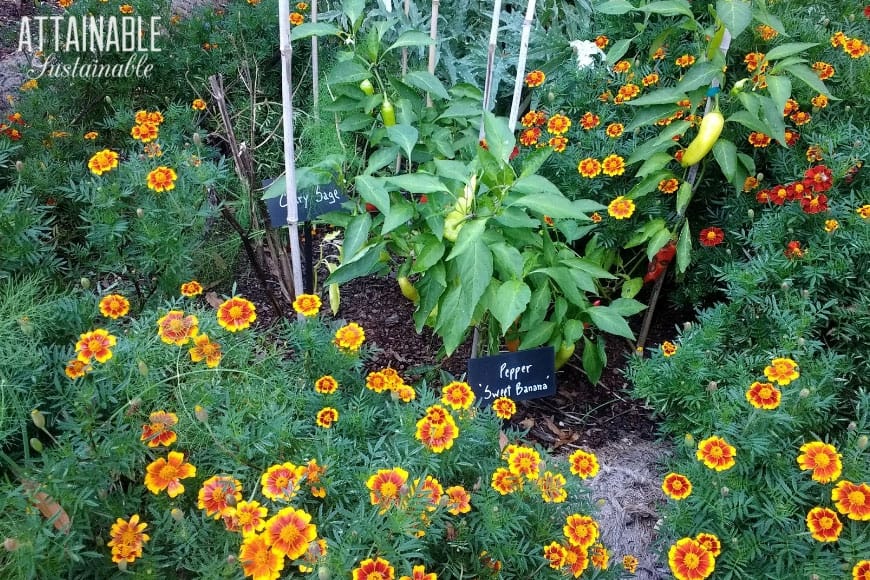
- Calendula - attracts pollinators, repels pests, and improves soil health.
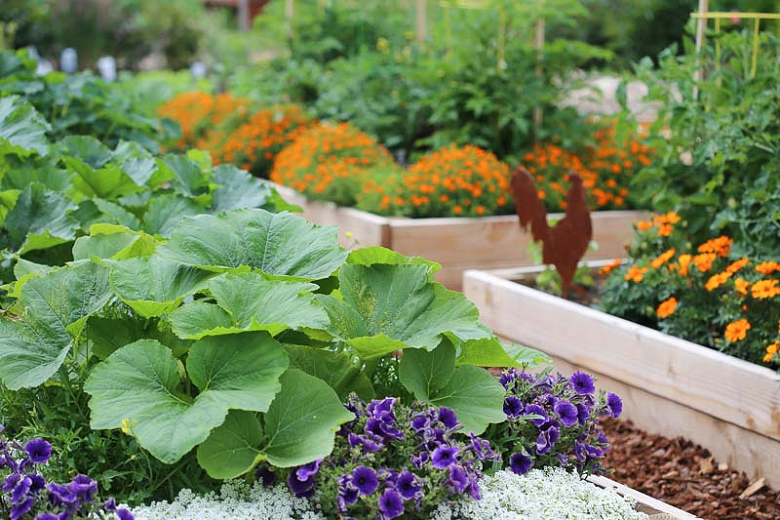
- Yarrow - attracts pollinators, improves soil drainage, and helps to suppress weeds.

- Sunflower - attracts pollinators, improves soil aeration, and helps to suppress weeds.
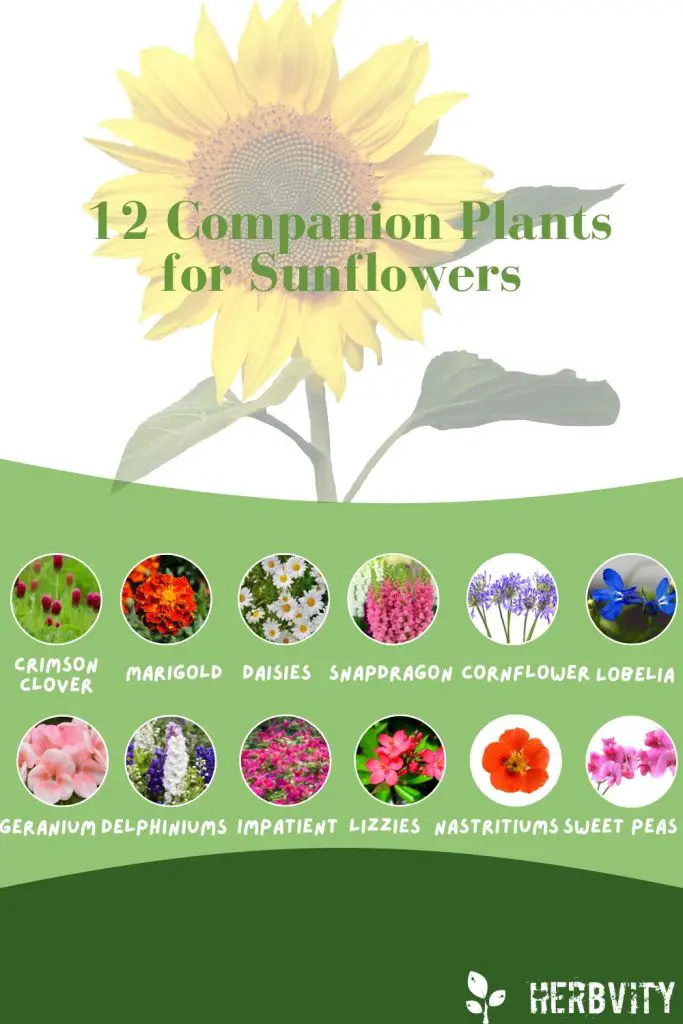
Post a Comment for "The Best Companion Flowers For Vegetables"